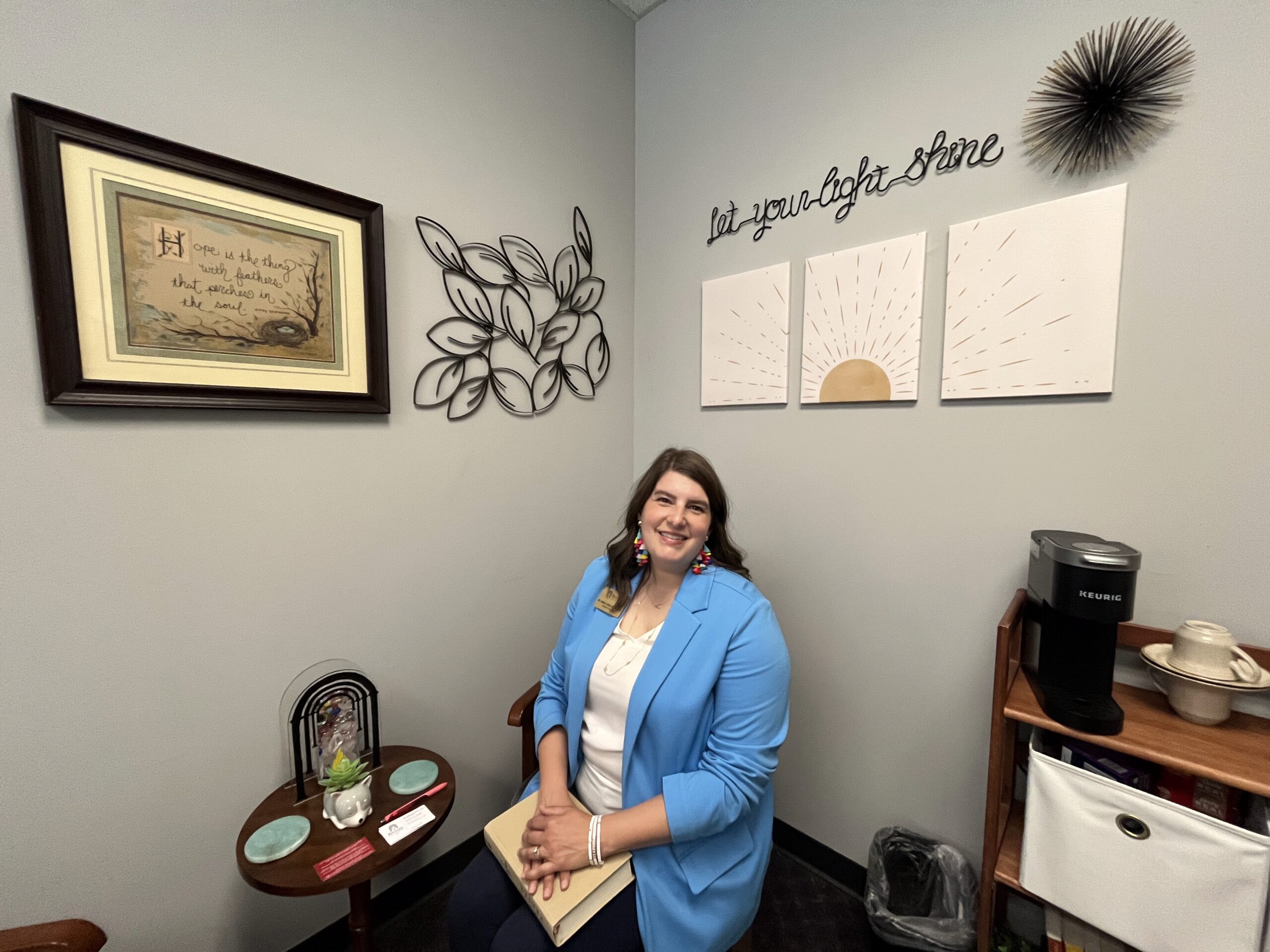From Orange Is The New Black, to Locked Up, to Inside the World’s Toughest Prisons, it is clear that Americans have an affinity for crime-based shows, and media streaming services such as Netflix and Hulu are catering to the wants and needs of the masses. For many, the grittiness and rawness of the hour-long shows, keep many entertained and coming back for more each week. However, for those “inside” those sixty minutes are more like six years and do not come with a remote to change the channel or disconnect from the dysfunction. For inmates at incentivized correctional institutions, it is no walk in the park and the only silver lining for them is defunding private correctional facilities, a five billion sector.
It starts with the fact that if prisons are privatized it begs the question, Why should private entities benefit from the punishment of an individual or individuals? The answer is that: they should not be able to.When prisons are privatized they are less regulated, meaning that the Freedom of Information Act (1967) is virtually non-existent. The Freedom of Information Act (1967) was created so that every American could be informed because informed citizens are a vital component of a true democracy. However, the Freedom of Information Act only applies to only certain government entities, not private corporations. With this being said, this leaves room for injustice and makes room for the rights of prisoners to be violated because there is less transparency. A perfect illustration of this would be in 2015, Edward Mendoza and James Toadvine, correctional officers at Phoenix Federal Prison Camp sexually assaulted an inmate multiple times.
In addition, Jose Rodriguez*, former inmate and rehabilitated citizen, affirms the claim of poor treatment.
Rodriguez stated, “I can still hear the things that officers would say to me. I will never forget it; officers would curse and yell at inmates myself included because they knew they could get away with it. They knew we were in a bad situation, and they did not mind making worse.”
McClatchy, a news publication, found that sexual abuse allegations at has doubled over the current decade. This goes directly against the Eighth Amendment Right granted to all prisoners. The Eight Amendment of the Constitution protects prisoners from excessive force exerted from officers and against assault from other prisoners.
It’s very difficult for the public to know the details of what prisoners truly experience because for profit prisons have very little motivation to be forthcoming about those injustices because they could lose the very contract that lines their pockets. Secondly, privately owned prisons are understaffed with correctional officers and health care workers which undermines both the safety and security of the correctional facilities. To validate this claim, it is only right that we examine COVID-19, a timely and rapidly spreading pandemic.
In response to the pandemic, medical officials have emphasized the importance of social distancing (no more than 6 feet together) and frequent hand washing with either soap or high alcohol content sanitizer. Which begs the question, With such close proximity prison cells and the cohabitation of inmates, how effective is social distancing? Not effective at all, because we all know that distancing is virtually impossible in confinement. But secondly, we are all aware that items such as soap are considered to be a luxury because prisoners must shop at Commissaries for the personal hygiene items. So what happens if said prisoner does not have money to constantly purchase soap? More importantly, alcohol-based sanitizers are banned because of its ability to be used as a weapon. This increases the difficulty of prisoners following the set guidelines, thus jeopardizing the well being of inmates, correctional offices, and the general public. Which brings up an even larger issue: “Who can ensure that private prisons are actually taking the necessary steps to protect inmates and support staff from contracting COVID-19? The answer is no one: because again private entities are minimally regulated by the government. Proof, I am so glad you asked: Elizabeth Warren’s unsuccessful attempt reached out to BOP for information about protections for inmates and support. BOP (Bureau of Prisons), we are patiently waiting for your response and action plan.
Finally, prison should not be privatized because of their ability to dehumanize prisoners and their ability to negatively influence legislation. Private prisons’ source of income is rooted in mass incarceration. With this being said, the longer inmates are incarcerated, the more the profit for the prison. Meaning, the slightest infraction is a source of joy for prison corporations because “it will be another day to cash in on their “cash cows” commonly known as prisoners. While also lobbying for stricter legislation and harsher sentences for potential inmates. Although many would argue that private prisons were created in response to the War on Drugs and that they simply need to be incentivized to make necessary reforms, this could not be further from the truth because incentivized prisons opens the door for injustice, threatens the rights of inmates, devalues transparency, undermines the safety and security of inmates and correctional facility staff, objectifies human beings, and negatively impacts legislation.
*Pseudonym given the protect the identity of the source*







